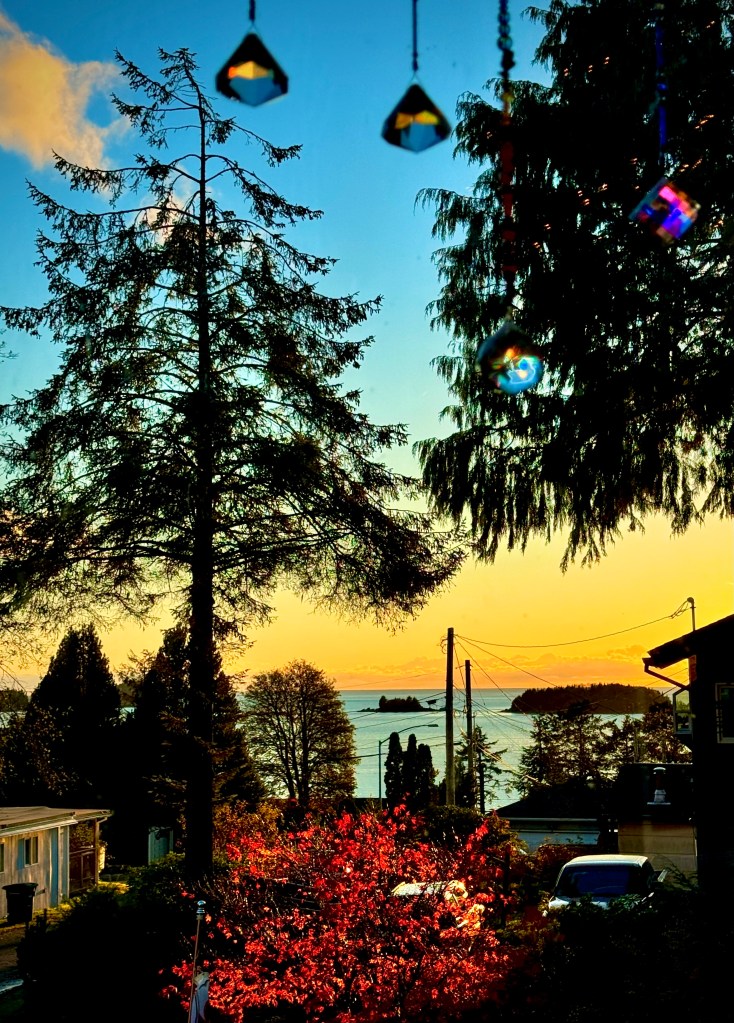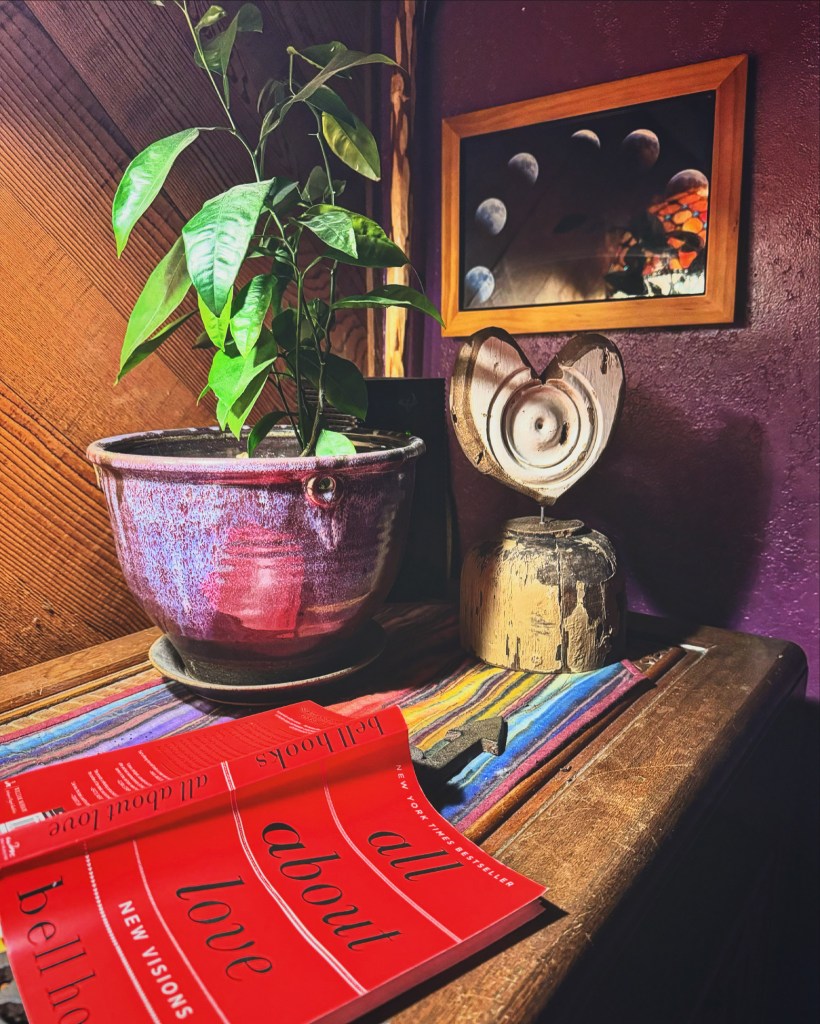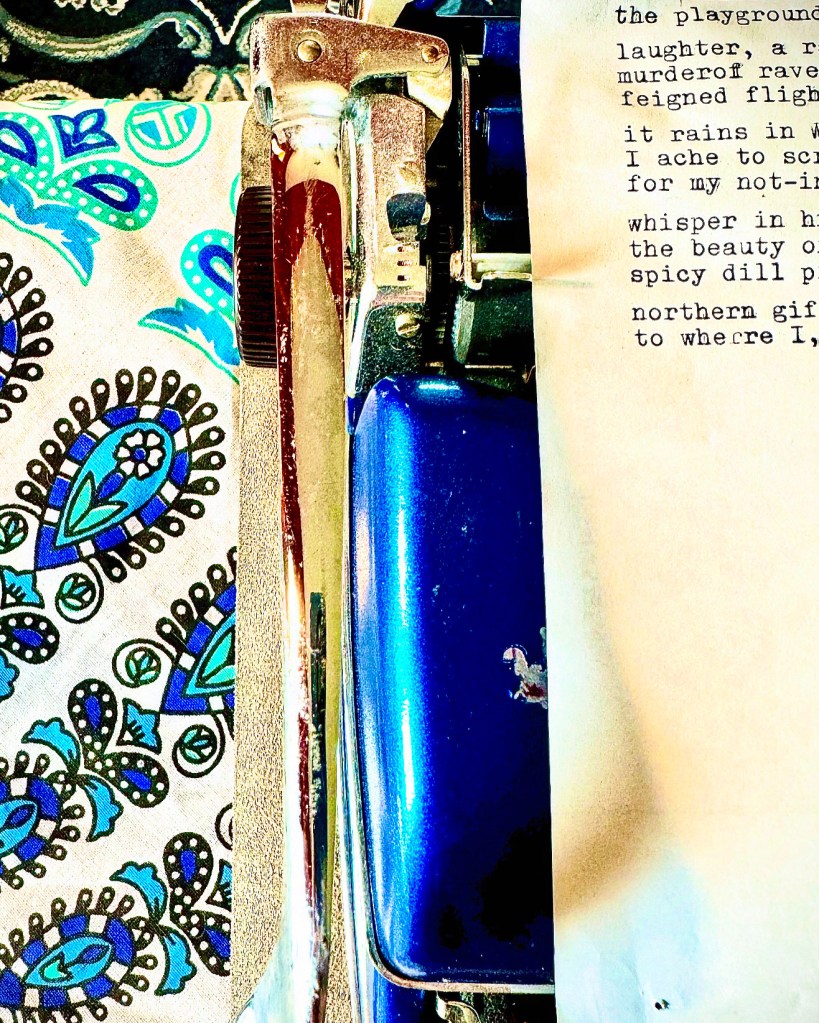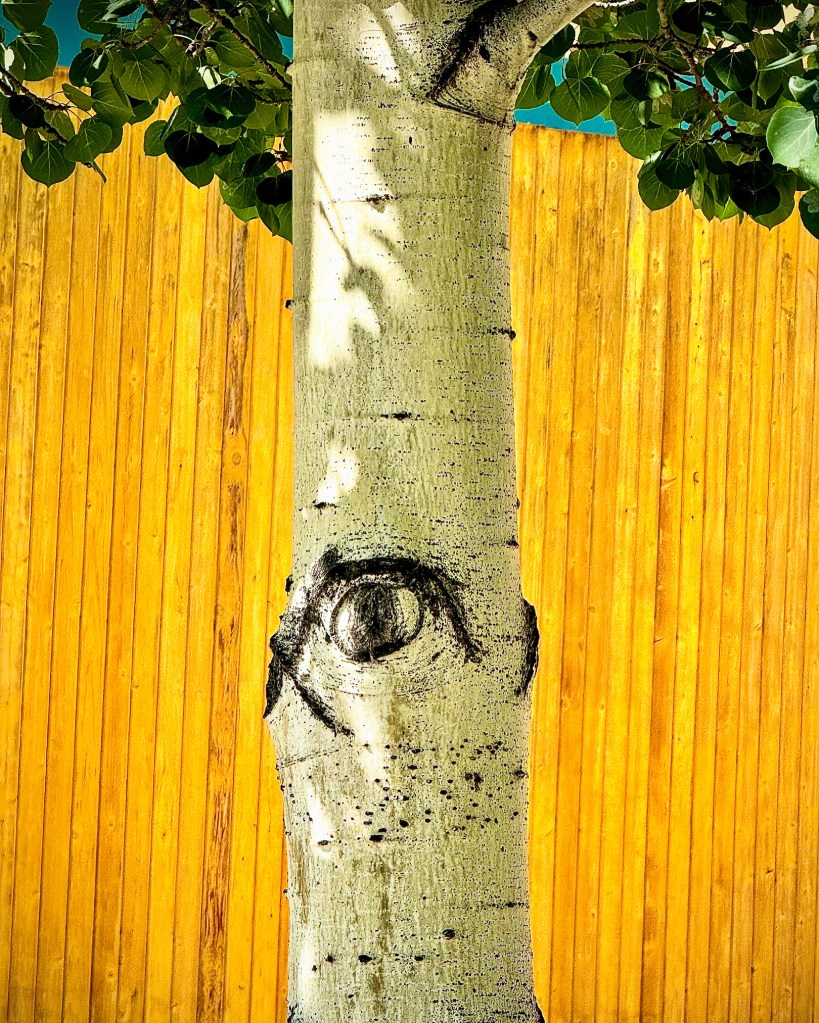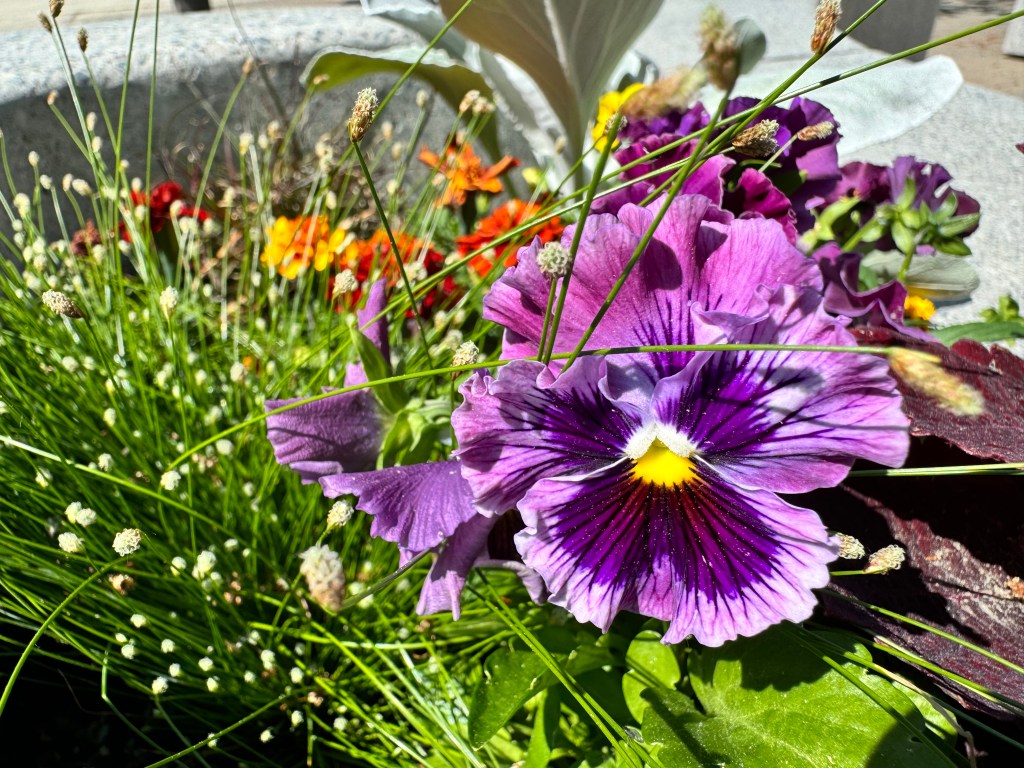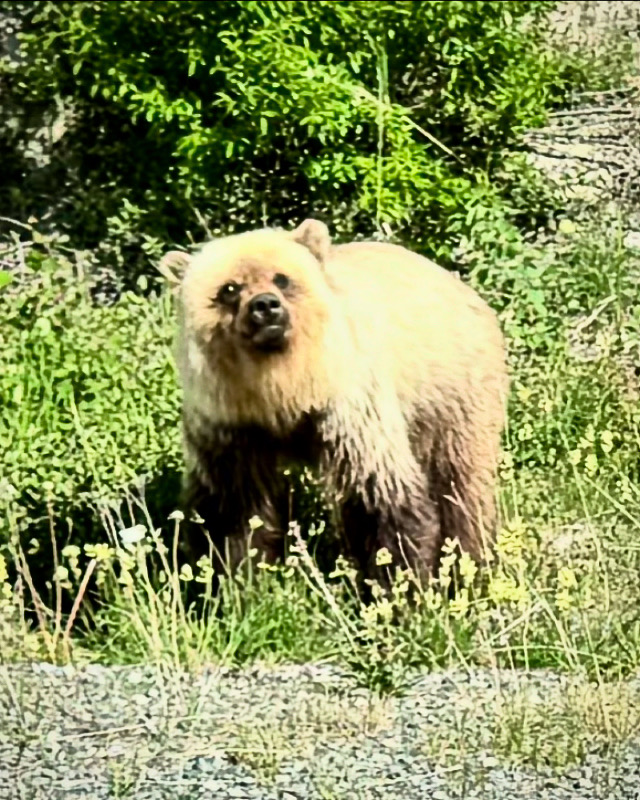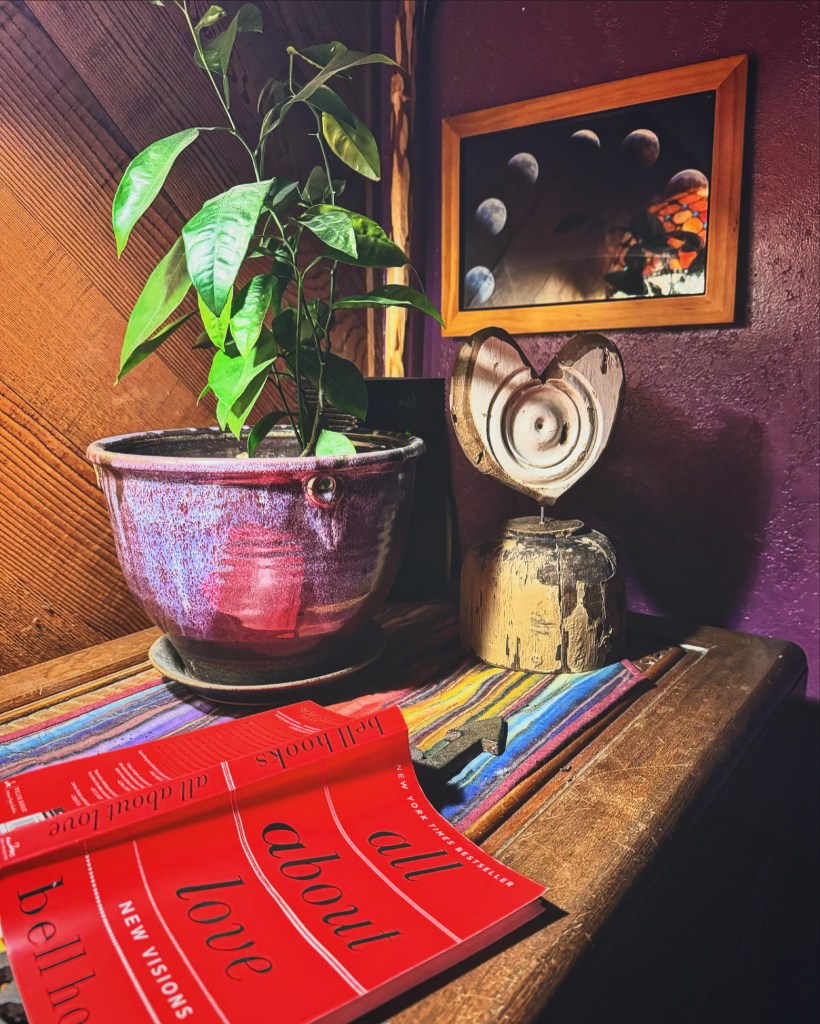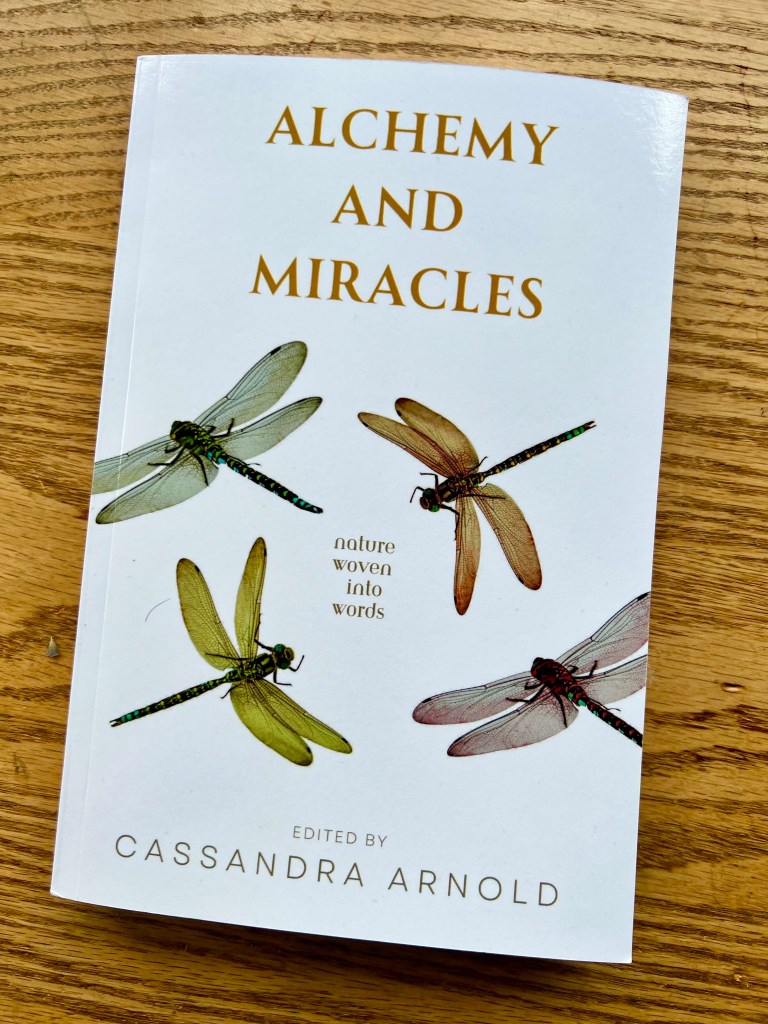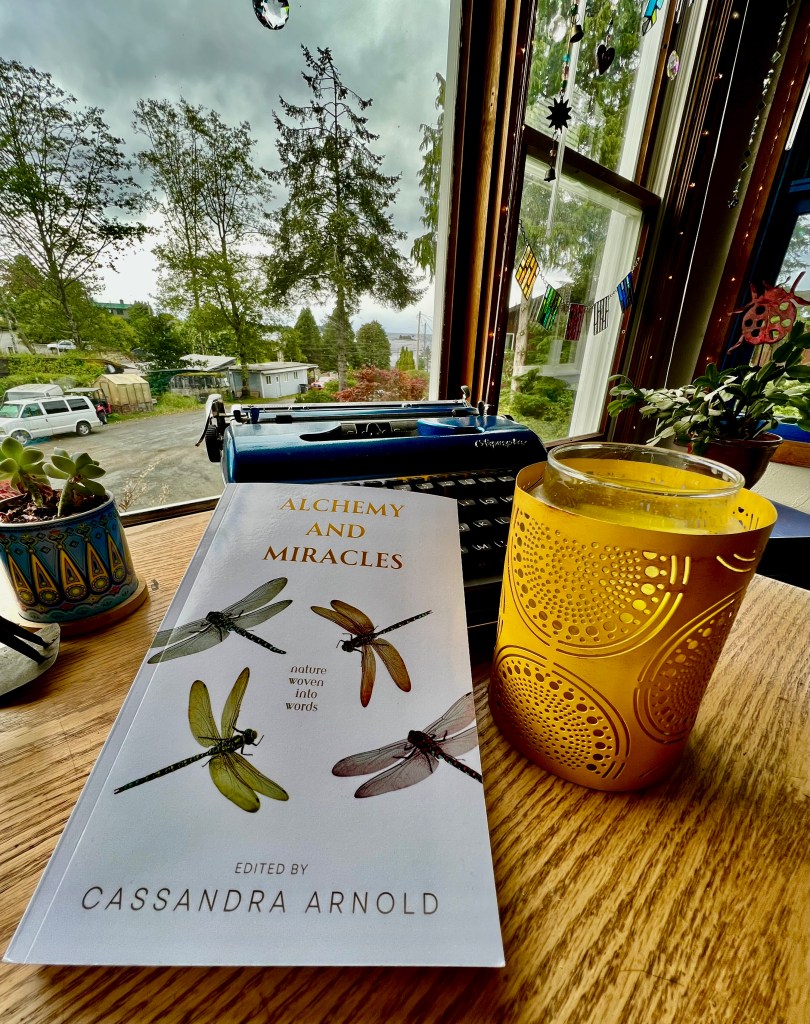On the 3rd day of the new year, we wake to sun glimmering snow and the neighbors next door are one part shoveling out the cul-de-sac, one part giving their young daughter time and space to run after days of cold snap and heavy snow. This is kindness in action, not to mention wise parenting. Soon after this post, I’ll venture out and clean my driveway as well in preparation for the scuttle of Monday’s anticipated storm dropping another 6-12″ on this outer coast.
Though my blog has been sorely neglected for several months, my writing has been prolific this year. There are copies of journals and anthologies on my desk from a year’s worth of publishing. Quick glance at my Excel doc shows I sent out work to 57 different submission calls and have placed work with 30 (so far) and received 15 rejections (so far). 47 poems were published in 2025.
One year ago today, I learned that Sheila-Na-Gig Editions had accepted my manuscript, The Ordering of Stars, for publication in 2025. This was wildly exciting news. Not only do I love publishing with Sheila-Na-Gig and its family poets, but the manuscript emerged over the course of two different residencies: Storyknife (2021) and Jenni House (2024). It will warrant its own posting once the copies land, but editing on the final proof was submitted New Year’s Eve and my launch via Zoom is scheduled for January 29th. Please attend!
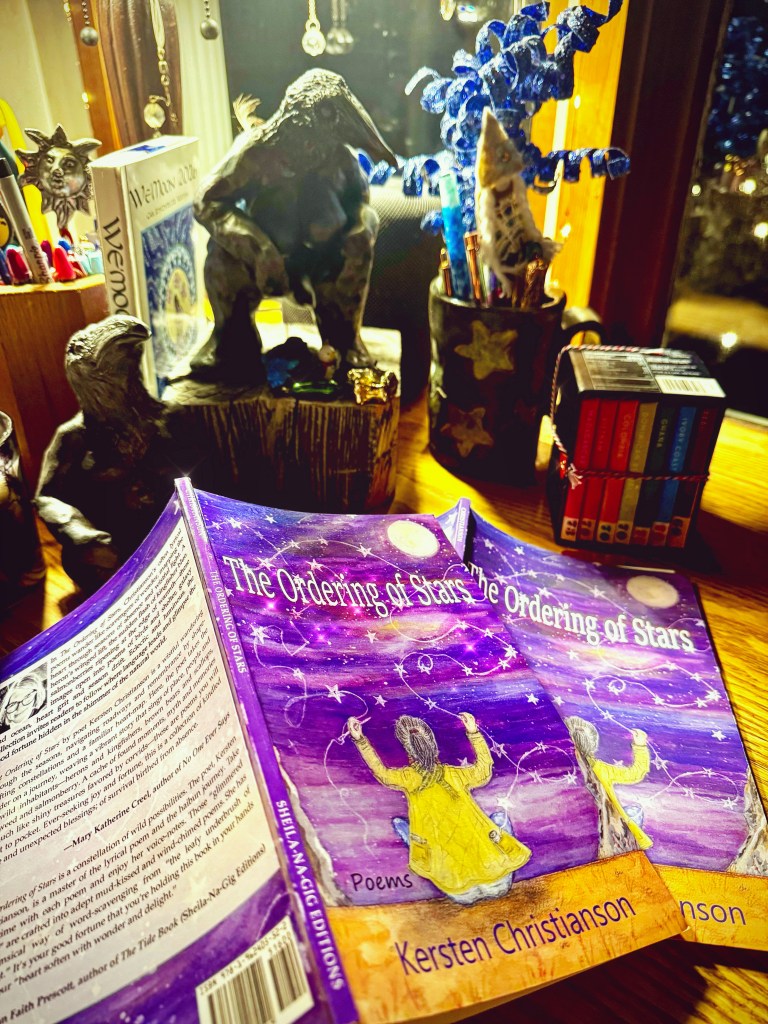
Also, one year ago, I was wrapping up the final writing of some Stevie Nicks-inspired poetry for an anthology. The anthology is titled White Winged Doves: A Stevie Nicks Poetry Anthology. I was thrilled to have two poems accepted for this collection, a haibun titled “In 1979, Stevie and Fleetwood Mac Played Madison Square Garden” and a free verse poem titled, “To Knead Sourdough.” The collection will publish in June 2026 and I’m so eager to light some candles, turn Fleetwood Mac, and read the poetry gathered for this. In fact, if keen, you can preorder copies through Madville Publishing.
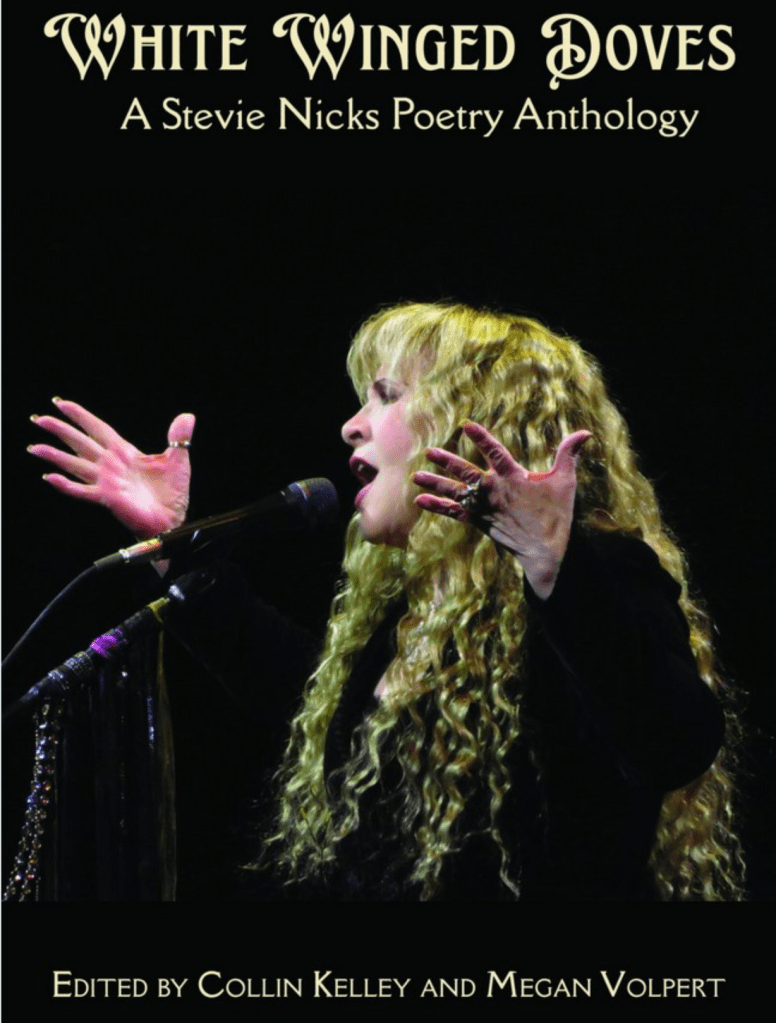
Another highlight of the writing year landed in late November. My haibun, “Revived by Fang & Claw” was nominated for a Pushcart by Cirque: A Literary Journal for Alaska and the Pacific Northwest. Such an honor that leaves me both grateful and quite humbled. I wrote the poem along the North Klondike Highway headed to Dawson for the purpose of nostalgia and a tattoo of Zhùr, the 57,000-year-old wolf pup on the arm of my writing hand. It has landed on pp 34-35 of The Ordering of Stars and as I’m quick to say to my sister-friend, April, “It does not rhyme.”
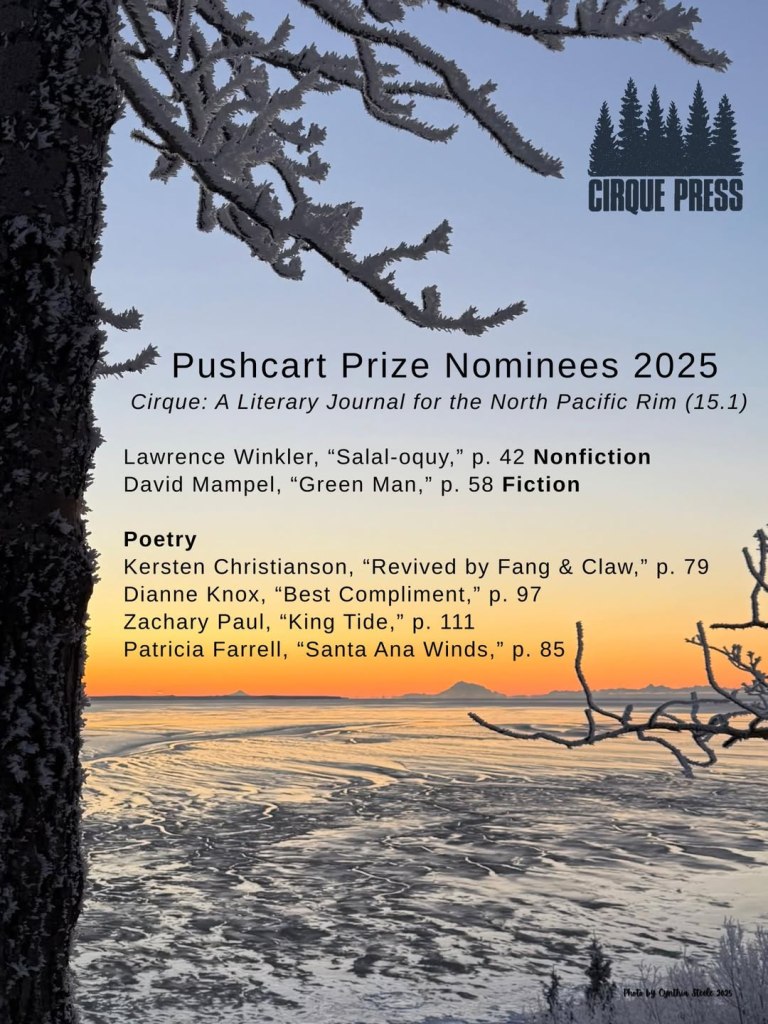
Back to the subject of kindness and in writing this, the family next door shoveled out the entire cul-de-sac including my driveway! When they asked if they could do this for me, I agreed, thanking them, and on the condition that their daughter use the hill anytime she’d like for sledding. They gave it a spin! Wishing you all a wonderful new year and may we find such kindness in each and every day.




